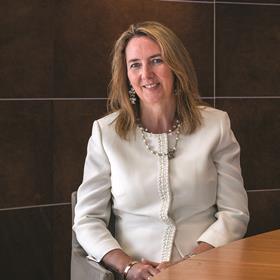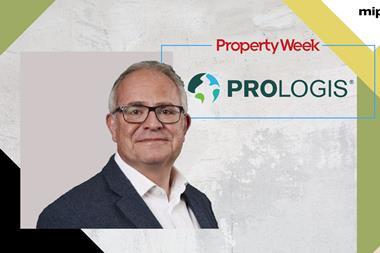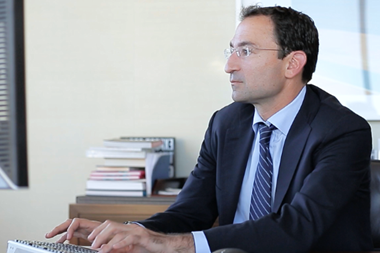Covid-19 has had a massive impact on our world. As we go through the three R’s – responding, resilience, reimagining – now is the time to consider how we could emerge to be stronger, leaner and more effective.

As the pandemic swept across the globe, our businesses and those of our clients focused on keeping people safe. While many of us are still in business survival mode, thankfully, green shoots of recovery are slowly emerging as a level of normality returns in some parts of the world.
But will our ‘new normal’ be like our ‘old normal’ – and do we want it to be?
The first R, responding to Covid-19, tested businesses and leadership teams acting to protect their people as the world entered lockdown. The priority was to help people adapt to working from home, with some adjusting to being totally alone and isolated; or to juggling parenting, schooling or wider caring responsibilities. This was all against a backdrop of the simple necessities of life being far more complicated than usual.
Four weeks into lockdown, I ran a Twitter poll on how people felt about working from home and how effective it was for them: 44% said “I’m fine – quite enjoying it”; 28% said they are “surviving but missing the office”; and 25% said they are “okay, but getting ‘zoomed out’”. So an incredible 97% are coping well with working from home. Just 3% said: “It’s a nightmare”.
The second R, resilience, has been evident as people attempt to balance everything while working from home. Last week, I ran another survey on how much people had worked at home before Covid-19: 46% said they had worked from home at least one day per week or more, while 6% worked from home full time. For those 52%, it should feel quite normal – but not for the 48% who either never (20%) or rarely (28%) worked from home.
I imagine one outcome from Covid-19 will be people will work from home more. Early client feedback from shared service and call centres suggests a significant rise in productivity, leading clients to look at the purpose and use of such facilities; for example, could they just be used as training and collaboration space, with people working from home?
Businesses are looking hard at rapidly removing unnecessary costs. A desire to protect jobs has resulted in staff being furloughed and/or pay cuts, but inevitably, there will also be redundancies across the sector. Many businesses and organisations may not survive.
The final R, reimagination (and re-emergence), offers opportunities to do things differently as individuals and businesses and for clients. The implications of Covid-19 have been profound and the path to business recovery is evolving and fluid. CBRE is sharing its expertise based on rapidly growing experience, guidance documents, technical specifications, protocols and tools developed with and for clients and for our workplace.
We expect the reopening process to occur gradually and unevenly. This will create unique challenges, complexities and opportunities for occupiers and landlords, particularly those with globally dispersed portfolios.
As governments permit a return to work and businesses reopen workplaces, occupiers should be prepared to determine their own thresholds and policies for welcoming employees, customers and visitors back to their offices and places of business.
I look forward to moving from a crisis to an opportunity to work with clients to transform businesses and expedite ambitions for change.
Reimagination must begin now and provide a welcome backdrop to employees returning to the workplace, getting business back on track and looking to create value in real estate portfolios post Covid-19.
Amanda Clack is an executive director and head of strategic advisory at CBRE
































No comments yet